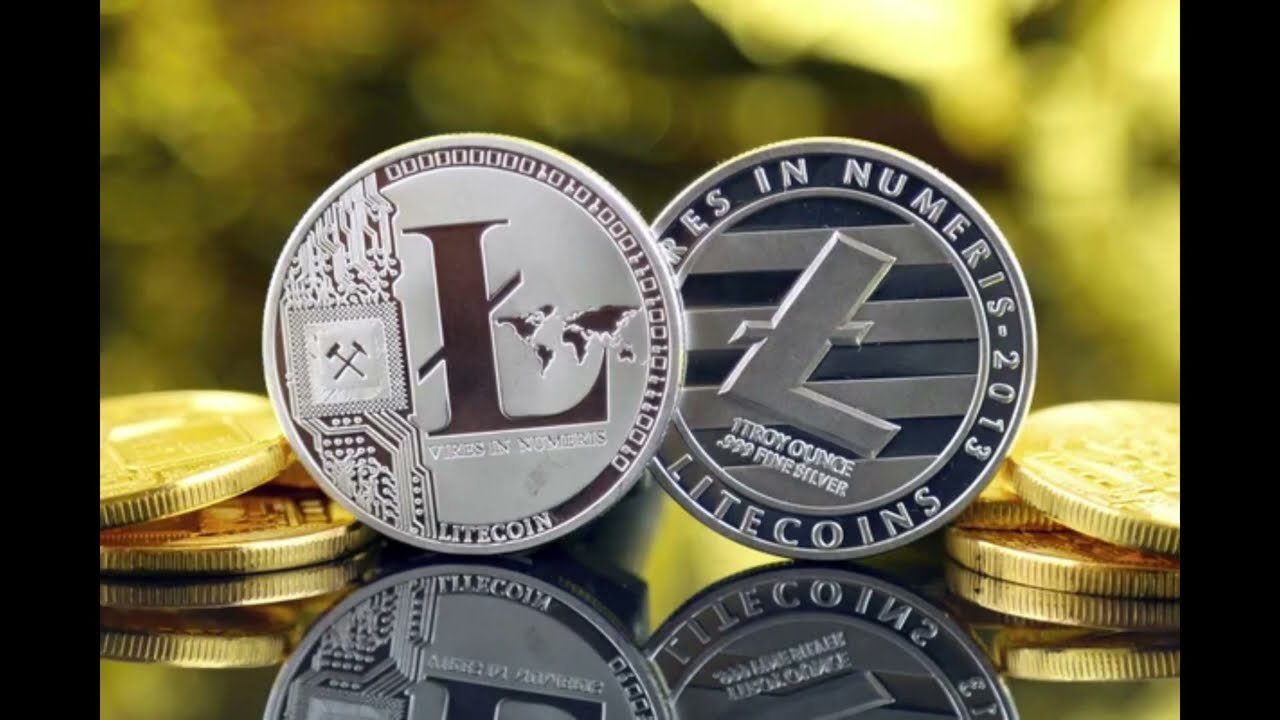Though it has maintained its position as the market leader for quite some time, Bitcoin’s influence is beginning to fade. More and more cryptocurrencies are gaining traction in the blockchain environment, which is positive news for investors. There are several altcoins that newcomers to the cryptocurrency market should think about adding to their portfolios. See the top 10 Beginner Altcoins cryptocurrencies here.
Ethereum (ETH)
Ethereum is the second-largest cryptocurrency in terms of market value, and it is well-known for its potential in the realm of smart contracts. We anticipate that Ethereum 2.0’s shift to a proof-of-stake paradigm will enhance its scalability and energy efficiency. This will increase the network’s appeal in the realm of decentralized finance (DeFi) and decentralized applications (dApps).
Binance Coin (BNB)
Initially introduced as a utility token for the Binance exchange, Binance Coin has evolved into a versatile cryptocurrency. Binance Coin (BNB) is an essential component of the Binance Smart Chain ecosystem, serving as a medium of exchange for transaction fees and applications related to decentralized finance. The fact that it has a strong use case makes it an excellent option for novices.
Cardano (ADA)
With its proof-of-stake method, Cardano provides an alternative to Bitcoin and Ethereum that is both sustainable and scalable. Cardano is gaining traction as a platform for decentralized apps. Research drives its methodology, which emphasizes environmental sustainability.
Solana (SOL)
Because of its reputation for rapid transaction speeds and cheap costs, Solana is an appealing choice for apps that deal with decentralized finance and non-fungible tokens. The network is able to process hundreds of transactions per second thanks to its hybrid consensus approach, which places it in a position to compete with Ethereum.
Polkadot (DOT)
Polkadot (DOT) is an interoperable blockchain technology that facilitates communication and data sharing between various blockchains. To build a decentralized web where different networks can collaborate, Polkadot plans to enable cross-chain compatibility. Its architecture is both scalable and versatile, making it a prime candidate for blockchain development in the future.
Chainlink (LINK)
One such decentralized oracle network is Chainlink (LINK), which links smart contracts to facts. It improves the functionality of decentralized finance (DeFi) platforms by allowing blockchain applications to safely access off-chain data, like market prices and events. If more sectors want to make use of smart contracts, LINK is a must-have.
Avalanche (AVAX)
With its focus on speed, scalability, and minimal transaction costs, Avalanche (AVAX) stands out as a top-tier blockchain. Perfect for decentralized apps like DeFi, its novel consensus protocol expedites transaction finality. Developers and investors looking for efficient blockchain solutions will find AVAX more appealing because of its compatibility with Ethereum.
Uniswap (UNI)
Uniswap (UNI), a decentralized exchange (DEX) based on the Ethereum blockchain, allows users to trade tokens directly from their wallets. The AMM approach, which it employs, does away with middlemen altogether. Users have a say in major platform choices through the UNI token.
Litecoin (LTC)

An alternative to Bitcoin that is both speedier and more efficient is Litecoin (LTC), a cryptocurrency that operates on a peer-to-peer network. As a result of its reduced transaction fees and faster block generation times, Litecoin has earned the nickname “digital silver.” Its rapid and cheap transfers, in comparison to Bitcoin, make it ideal for regular use.
VeChain (VET)
The goal of the blockchain platform known as VeChain (VET) is to make supply chain management more efficient, transparent, and traceable. Businesses can now monitor their items in real time, which helps with logistics and cuts down on fraud. A valuable blockchain initiative, VeChain is revolutionizing industries including shipping, healthcare, and manufacturing with its enterprise-focused solutions.
Conclusion
These cutting-edge alternative cryptocurrencies are challenging Bitcoin’s dominance in the cryptocurrency industry. There are a variety of applications for cryptocurrencies like Ethereum, Binance Coin, Cardano, and others, ranging from decentralized finance to supply chain management. These alternative cryptocurrencies offer intriguing potential for growth and diversity, making them useful for novice investors who are interested in the future of blockchain technology.


